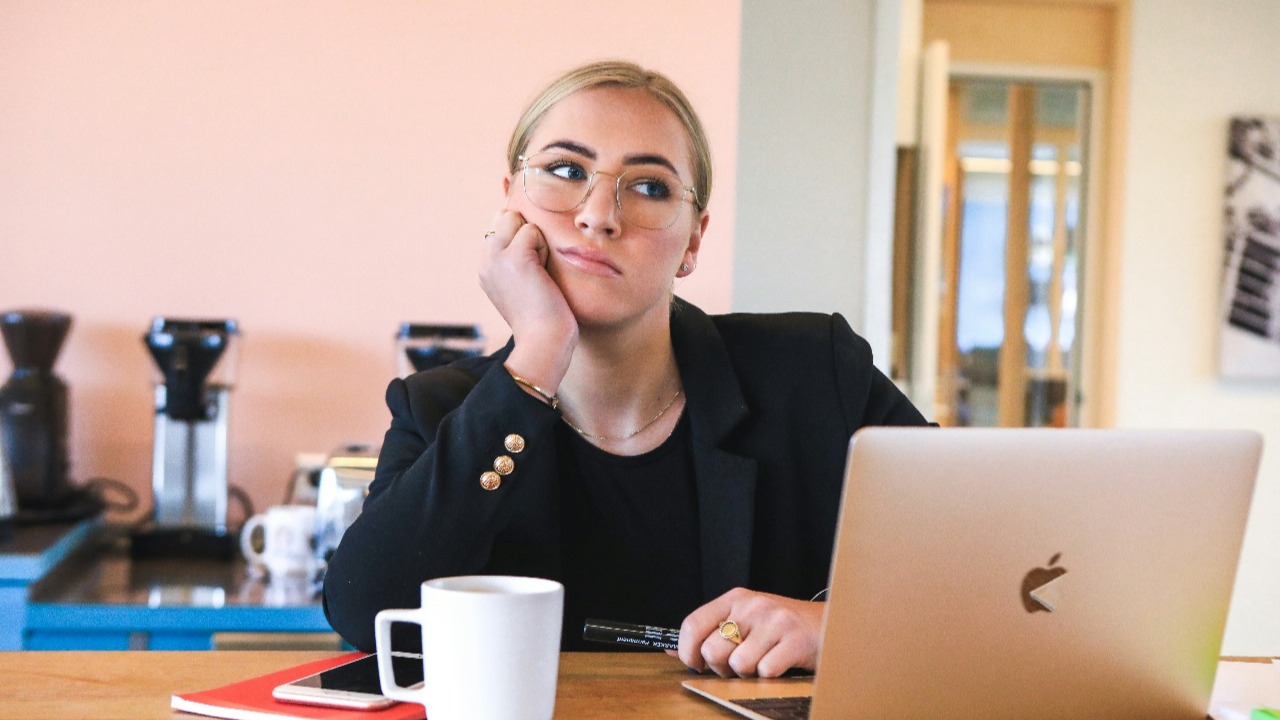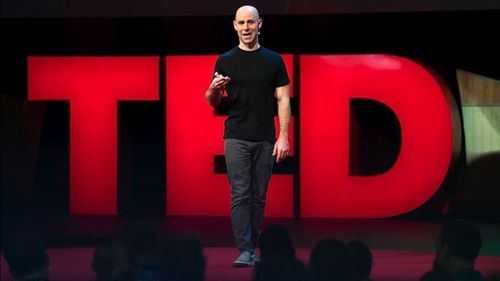Original Thinking is a Weird Cocktail of Doubt, Fear, and Procrastination.
Feb 24, 2024 · 2 mins read
0
Share
I saw a TED talk by Adam Grant. He is an organizational psychologist & bestselling author who explores the science of motivation, generosity, rethinking, and potential. He told a story about how his perception of original thinkers changed and how it will transform your POV too.
Save
Share
7 years ago, a student approached him with a bold proposition to invest in a company set to disrupt an industry by selling products online. The student confidently declared, “I’m working with three friends, and we’re going to try to disrupt an industry by selling stuff online.
Save
Share
Upon inquiring about their dedication, the student revealed a surprising truth — they hadn’t dedicated their entire summer to the project. Instead, they took internships, just in case things didn’t pan out. He started doubting their dedication after hearing this statement.
Save
Share
Skepticism settled in as he realized the day before the company launch that there was no functioning website, a critical component for a business rooted entirely in the online realm. He made a pivotal and declined to invest.
Save
Share
Little did he know, the company he passed on would go on to become Warby Parker, recognized as the world’s most innovative company with a valuation exceeding a billion dollars. Reflecting on this missed opportunity, he started learning about the characteristics of 'Originals.'
Save
Share
He discovered a paradox about the pace of getting things off the ground and recognized the value of procrastination in the creative process. Through experiments, he found that moderate procrastinators were 16 percent more creative than their counterparts.
Save
Share
Procrastination, rather than being a hindrance, offered the opportunity to produce ideas, fostering divergent thinking and unexpected leaps. This revelation led him to a personal experiment while writing a book on Originals. He intentionally embraced procrastination.

Save
Share
This allowed him to incubate ideas over time. The results were transformative, with a flood of new ideas emerging when he revisited his work after a pause. The story delves into the dynamics of doubt — both self-doubt and idea doubt.
Save
Share
Instead of declaring oneself inadequate, embracing the idea that initial drafts are inherently imperfect allows for continuous refinement. Doubting the default and actively seeking alternatives, he argues, is a trait that fosters originality.
Save
Share
Embracing doubt and fear becomes a pivotal element in the journey toward originality. Originals are not immune to fear and doubt; they navigate these emotions differently, leveraging them to motivate experimentation. The path to creativity is paved with bad ideas.
Save
Share
0
